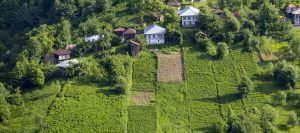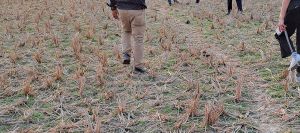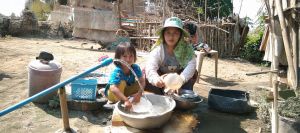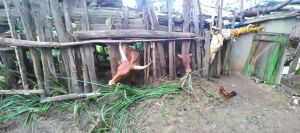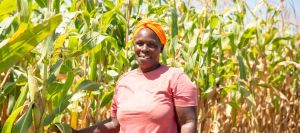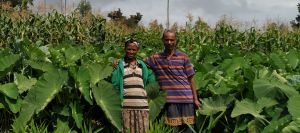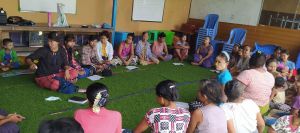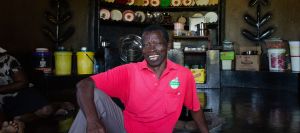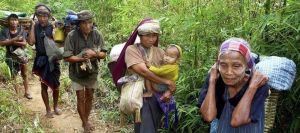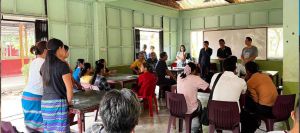
Myanmar Youth and Leadership Development Project
Project Name Myanmar Youth and Leadership Development Project Project Location Myanmar Project Natures Livelihood Development Peace and Reconciliation Project Objectives Empower our partner’s team to train farmland leaders and youths through various training sessions and field visits. Promote sustainable farming by organising diverse farming training sessions. Beneficiaries Community leaders, children, and youth No. of Beneficiaries 380 Key Activities Farmland Leader Training: Leadership training and meetings, exposure trip. Farmland Leader Support: Field visits and prayer meetings. Youth Development: Educational support, youth training, and counselling. Sustainable Farming Promotion: Various sustainable farming training sessions for youth, farmland leaders, and trainers. Project Period Aug 2024 to Jul 2025 Expenses Approx. HK$267,920 Donate Now PARTNER INFORMATION Partner Name Fullmoon Family Foundation (FMFF) Year


